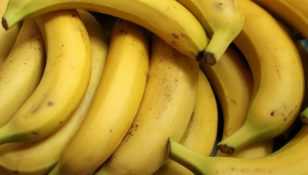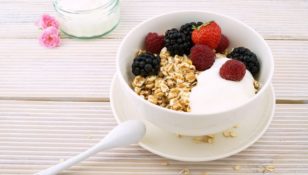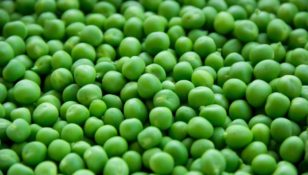Vegan Diet: A Comprehensive Overview

Introduction
A vegan diet has gained significant popularity in recent years due to its potential health and environmental benefits. In this article, we will provide a thorough understanding of what a vegan diet entails, the different types of vegan diets, popular choices within this lifestyle, quantitative measurements associated with the diet, variations among vegans, and a historical analysis of the pros and cons of different vegan diets.
1. An In-depth Look at Vegan Diet

A vegan diet is a plant-based eating pattern that excludes all animal products. This includes meat, poultry, fish, dairy, eggs, and even products derived from animals such as honey. The foundation of a vegan diet is plant-based foods like fruits, vegetables, whole grains, legumes, nuts, and seeds. By following a vegan diet, individuals aim to promote their health, support animal welfare, and reduce their environmental impact.
2. Types of Vegan Diets
There are various types of vegan diets that individuals can choose from depending on their preferences and beliefs. Some common types include:
a. Whole Food Vegan Diet: This type focuses on consuming minimally processed or unprocessed plant-based foods, emphasizing whole grains, fruits, vegetables, legumes, nuts, and seeds.
b. Raw Vegan Diet: Raw vegans consume uncooked and unprocessed plant-based foods to maximize nutrient intake and preserve enzymes often destroyed by cooking.
c. Junk Food Vegan Diet: This less healthy choice includes processed vegan foods like vegan burgers, fries, and sugary snacks.
d. Gluten-Free Vegan Diet: Vegans who also avoid gluten-containing grains like wheat, barley, and rye follow this type of diet.
Popular Choices within the Vegan Diet:
3. Quantitative Measurements of Vegan Diet
Numerous studies have analyzed the health outcomes of individuals following a vegan diet. These measurements can provide insights into the potential benefits associated with this dietary choice. Some quantitative measurements include:
a. Nutritional Profile: A vegan diet can be rich in vitamins, minerals, and fiber, but certain nutrients, such as vitamin B12, iron, calcium, and omega-3 fatty acids, may require special attention.
b. Weight Management: Research suggests that a well-balanced vegan diet can support weight loss and maintenance due to its emphasis on whole, unprocessed foods and higher fiber intake.
c. Disease Prevention: Studies have indicated that a vegan diet may lower the risk of chronic conditions like heart disease, type 2 diabetes, and certain types of cancer.
4. Differences Among Vegan Diets
Within the vegan community, there are variations in dietary choices based on individual preferences, cultural backgrounds, and nutritional needs. These differences can include:
a. Level of Restriction: Some vegans may follow a strict plant-based diet, excluding all animal products, while others may include certain animal-derived ingredients like honey or use products tested on animals.
b. Macronutrient Distribution: The ratio of carbohydrates, fats, and proteins can vary among vegans, depending on their athletic goals, health concerns, or personal preferences.
c. Ethical Considerations: Some individuals choose a vegan diet primarily for animal welfare reasons, while others are motivated by health or environmental concerns.
5. Historical Analysis of Benefits and Drawbacks
Throughout history, debates have surrounded the advantages and disadvantages of vegan diets. Some potential benefits include:
a. Health Benefits: Vegan diets have been associated with improved cardiovascular health, lower blood pressure, reduced risk of obesity, and potential protection against certain cancers.
b. Environmental Impact: By avoiding animal agriculture, vegan diets can contribute to reduced greenhouse gas emissions, land degradation, deforestation, and water pollution.
However, there are also potential drawbacks to consider:
a. Nutrient Deficiencies: Vegans may face challenges in obtaining adequate amounts of certain nutrients, including vitamin B12, vitamin D, iron, calcium, and omega-3 fatty acids.
b. Social Challenges: Adopting a vegan diet can present social challenges, as certain social events, friend gatherings, or travel destinations may have limited vegan options.
c. Individual Variations: Not all individuals experience the same health benefits from a vegan diet due to genetic differences, underlying health conditions, or inadequate meal planning.
In conclusion, a vegan diet is a plant-based eating pattern that excludes all animal products. There are different types of vegan diets, each with its own emphasis and restrictions. Quantitative measurements indicate potential health benefits associated with a vegan diet, but individual variations exist within the vegan community. Understanding the historical pros and cons of vegan diets helps individuals make informed choices when considering this dietary lifestyle.
Video suggestion:

















